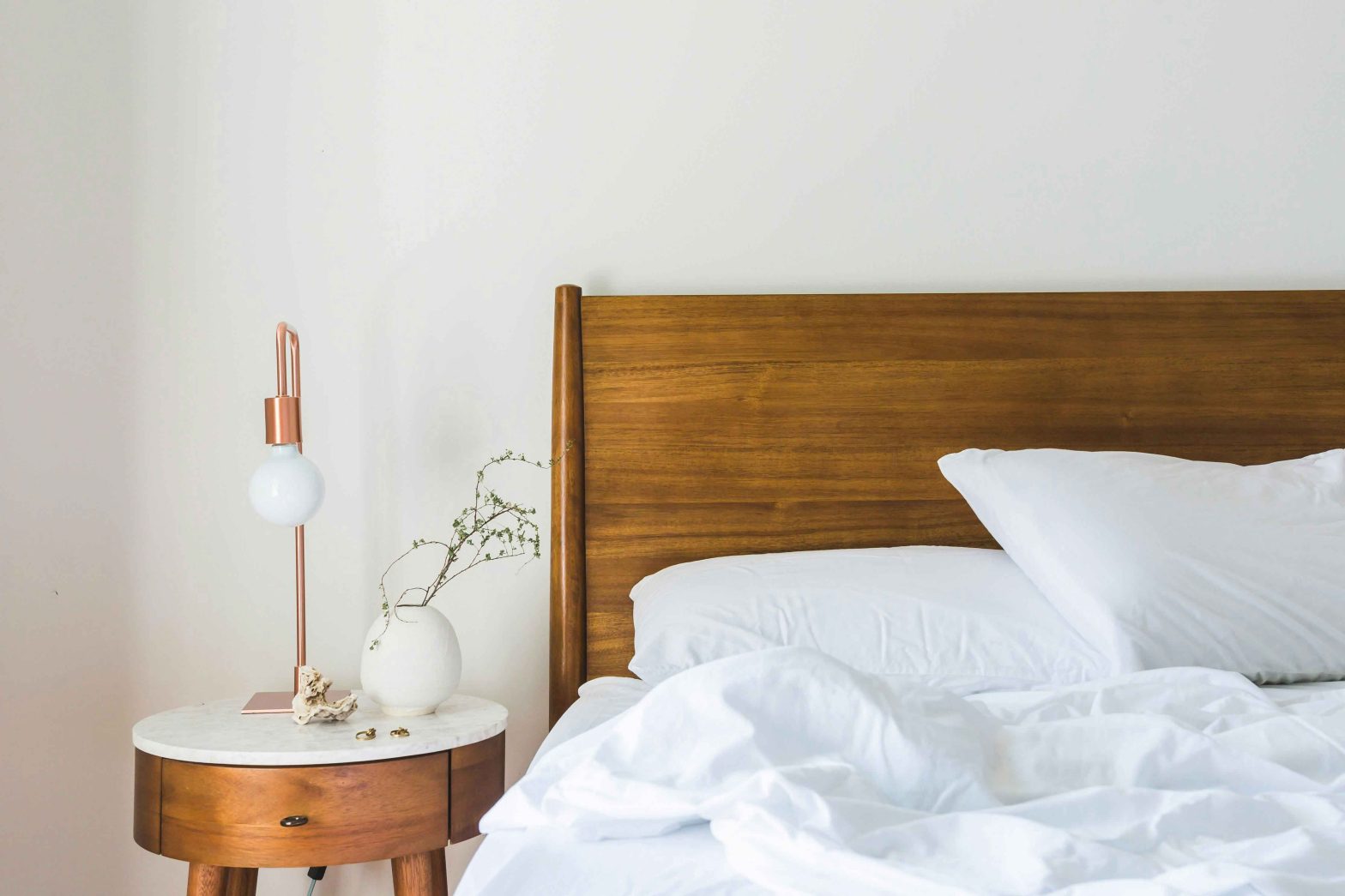A Balanced Heart Is A Healthy Heart
Are you living from the heart? Find out. Take our brief quiz to get your own #LiveFromTheHeart tip sheet.
Take the quiz!
By Team Adesso | Posted Nov 21, 2024
We all know that we feel better after a good night of sleep. But you may not realize the effects good sleep has on your heart. Studies have shown that both short and long sleep durations are linked to worse cardiovascular outcomes. The American Heart Association believes that sleep is so important they recently updated sleep as the 8th factor to their Heart Simple 7 factors that reduce heart disease.
Poor sleep elevates the sympathetic nervous system, throws off circadian rhythms, triggers inflammation, and elevates insulin which raises your blood sugar. Chronically sleep-deprived people who regularly sleep less than 6 hours face a greater risk of hypertension, heart attack, arrhythmias, congestive heart failure, stroke, and death. We recommend getting 7-10 hours of sleep each night to keep your heart healthy.
Your bedroom is for sleeping and love, keep your phones, television, and laptop outside. (I know this can be difficult but it’s crucial!)
Turn off all devices an hour before you go to sleep. Browsing the web activates your mind, disrupting the natural wind down process you need to undergo to fall asleep calmly. Additionally, blue light emitted from screens has been shown to suppress melatonin release, one of the key hormonal processes that allows you to sleep. Browsing the web can surface uncomfortable and even stressful emotions to you at a critical moment when you need calm and peace.
You can use a meditation or sleep app or a self guided meditation. Try to focus on 2-3 things you’re grateful for from the day. Take deep breaths exhaling your day and inhaling the restorative stage of rest that you are entering. Create a bedtime routine to help you get better sleep.
Sleeping less than 7 ½ hours per night is associated with an increase in cardiovascular disease. In fact, the American Heart Association included lack of sleep as a behavioral risk factor and a cornerstone to prevention.
There are multiple different reasons that many people have difficulty sleeping. The most common medical issue is sleep apnea, although there can be others, such as restless leg syndrome. Many times stress is the greatest issue, and managing stress is critical. When we lay down to sleep, our brains often become the most busy and quieting our mind is essential.
If you believe your sleeplessness may be connected to a larger physical challenge, it’s important for you to get the medical help you need. Remember, getting answers to your sleep problems can also mean getting answers to potential future heart problems.
Finding a therapist to discuss the source of your stress that keeps you awake can also be helpful. If you find your mind reeling with thoughts connected to your past or attached to unhealthy thought patterns, it might be time to find a therapist that’s right for you. There are multiple apps and many different types of therapy available. Find out what works best for you and don’t be afraid to try it.
Art or other forms of creativity like music, making, and creating can also be helpful to alleviate stress that keeps you from sleep. Doing these activities in the evening as a separation from work can be soothing and relieving from the stress of the day. Studies are just beginning to show the powerful effects of creativity and improvisation to mental and physical health.
Daily Meditation and Exercise can also be critical pieces of managing stress.
How do you sleep? What steps are you taking to get better sleep? Leave a comment below, we would love to hear from you.